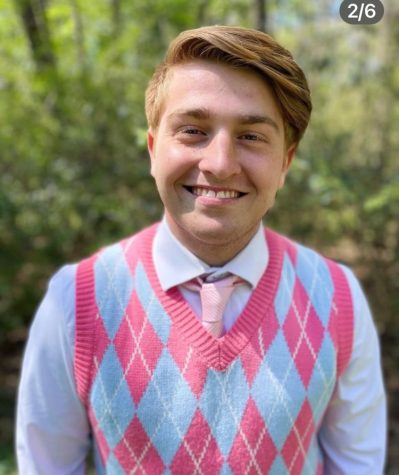Black History Month spotlight: Nelson Mandela
Nelson Mandela, former South African President, fought for an end to apartheid in Africa.
This article is the first in a five part article series that will feature famous historical black figures for the month of February. This week’s feature will deal with Nelson Mandela, former President of South Africa and advocate against apartheid (a policy of segregation and discrimination against the non white majority of South Africa).
Nelson Mandela was born in Mvezo, South Africa on July 18, 1918. Mandela lived with his father and three of his twelve siblings until the age of 12 when his father died.
Later in life, Mandela attended the University of Fort Hare and studied law at the University of Witwatersrand. Mandela instituted South Africa’s first black law practice, specializing in apartheid cases. That same year, he traveled all around the county in an attempt to nonviolently protest against the discriminatory laws. Mandela’s anti-apartheid involvement prompted him to be stiffly banished from travel, speech and association.
Mandela abandoned his nonviolent activism and began advocating violently against the South African government. In Oct. 1963, Mandela and several others were tried for treason, sabotage and violent conspiracy in the well known Rivonia Trial. A year later, he was sentenced to life imprisonment, barely escaping the death penalty.
Mandela was held at Robben Island Prison from 1964 to 1988, then after being treated for tuberculosis, he was transferred to Victor Verster Prison. All through Mandela’s incarceration, South Africa’s black population showed unconditional support for him. In 1990, South African President Frederik Willem de Klerk withdrew all charges held against Mandela and released him from prison. The following year, Mandela became president of South Africa and worked with de Klerk to introduce a nonracial democracy and end apartheid.
Mandela established the Truth and Reconciliation Commission, which investigated human rights under apartheid and other initiatives that improved the living standards of South Africa’s black population. During his presidency, Mandela and his wife got divorced, and two years later he married Graca Machel, the first wife of the former Mozambican President Samora Machel.
After Mandela’s presidency, he remained a strong role model for many, always advocating for peace. Mandela is celebrated every day internationally on July 18th for always fighting for what he believes in and for changing so many important lives.

Mischa Olivier is a Sophomore at Clover Hill. She is a Journalism one student with a love for writing and reading. Mischa is excited about sharing her...













Travis • Feb 9, 2023 at 2:15 pm
This is a really good article and does a really good job going over the life of Nelson Mandela. I really appreciate how the article goes over Mandela’s advancements in the African American community. Mandela really did a lot for the community and was a great spotlight for Black History month.